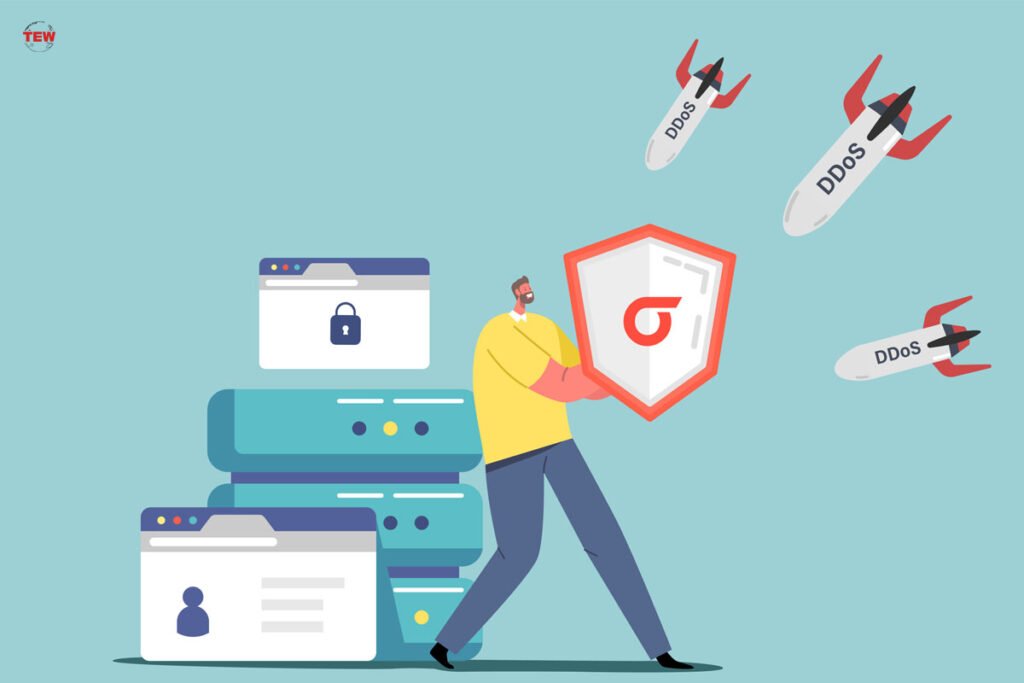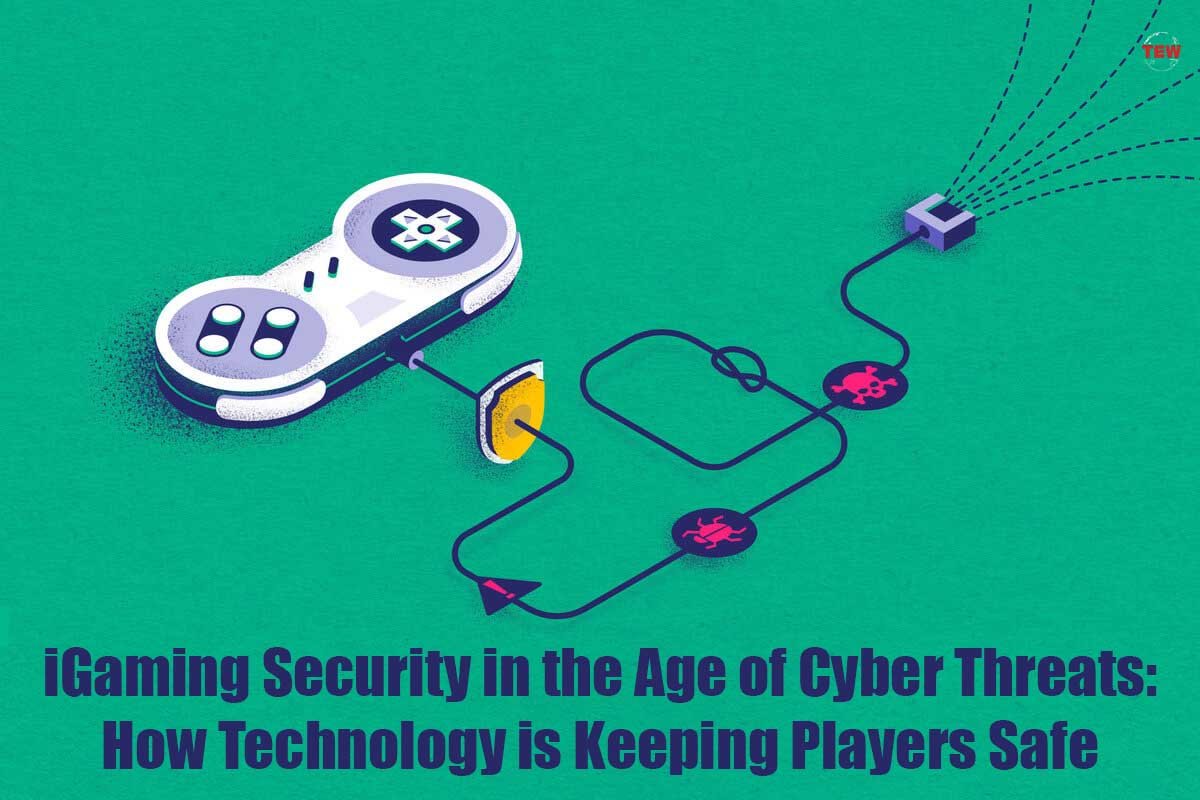It is possible to do almost anything online, including gambling. Digital technology and the internet were first adopted by the gaming industry. Despite this shift, new issues emerged with iGaming Security and Cyber Threats. Both for businesses and their customers.
The security of players’ personal information is a major concern at online casinos. In addition, the casino must offer fair, safe games.
Now, how does it work? Do casinos and regulators protect players? Is the venue you have chosen legit and fair, and not a rouge casino?
Our comprehensive guide covers this topic in detail. Upon reading this, you’ll become a savvy gambler who knows all about security in iGaming.
Types of iGaming Security and Cyber Threats in Casinos
iGaming Security and Cyber Threats are a risk for any online business, including online casinos and sports betting sites. Anyone can become a target. What’s the point of targeting online casinos? Simple: money. The typical iGaming Security and Cyber Threats environment has lots of transactions. Also, casinos have players’ personal information, which can be used to steal identities. Cybercriminals and solitary hackers alike find these appealing targets.
Since there are many types of casino attacks, and because they come from literally anywhere, it’s good to learn about them all.
1. DDOS Attacks

One of the oldest iGaming Security and Cyber Threats is distributed denial of service. Old school isn’t a reason to dismiss it. DDoS attacks involve multiple computers connecting to one site simultaneously. Overwhelming connections slow down and eventually crash the site.
2. Port Scanning
It’s been around since the Internet. In essence, ports are “openings” by which services communicate on a server. A site needs to have these ports open. Others should be kept closed.
Improper configuration is most often the cause of these iGaming Security and Cyber Threats. The default passwords and ports will be open when a new site is launched. Unless they change it, hackers can easily get in. It’s even possible to gain “root access” which allows total control.
3. Ransomware
Here are the more sophisticated attacks. iGaming Security and Cyber Threats administrators have nightmares about such an attack. This should not be underestimated. Fortune 500 companies and government institutions have been victims. Using any means, the attacker installs a program on the computer that runs an encryption program. Once the files are encrypted, they cannot be accessed. The same as someone installing locks on your house and then charging to remove them. In exchange for unlocking files, attackers demand cryptocurrency.
4. Social Engineering
iGaming Security and Cyber Threats targeting the human factor are the most dangerous. Impersonating bosses and superiors can be used by attackers to get passwords and other sensitive information. It doesn’t have to be online.
An attack like this can involve leaving infected USB sticks at an office, hoping someone will use them and infect computers. For example, some hackers have used tailgating to gain access to areas they shouldn’t have access to by simply passing behind authorized individuals as they open a door.
5. Phishing and Spoofing
Phishing is a very sophisticated attack where a hacker poses as an official source and sends false emails.
Online casino players may receive messages that appear to be from their favorite sites. Upon following a link and entering credentials into a fake site, the email will offer a special welcome bonus. Often, these fakes look very real.

Spoof messages may also trick casino employees into revealing passwords and sensitive data.
Customer Safety Features at Casinos
Various best practices are adopted by operators of online games of chance to minimize the chances of iGaming Security and Cyber Threats, data leaks, and other unwanted security events that can harm both players and the business. However, you can also implement your own safety feature by reading reviews on casinos in India over here and making sure the casino you choose is one that is safe and utilizes the features listed below.
1. Utilizing Secure Technology
Using online casino security technology is one of the best ways for casinos to protect themselves. Adapting to hackers’ strategies, security companies create new countermeasures.
2. Staff Training
Casino staff must be educated on how to recognize and respond to social engineering and phishing attacks. By educating the staff both the company and the players are protected.
3. Maintaining All Software
For security, it is crucial to update all software that is used regularly. Attackers frequently exploit vulnerabilities and exploit older versions of software that have been patched by manufacturers.
The Basics of Protection: Firewalls, HTTPS, SSL, TSL
Every security administration must know HTTPS, SSL, and TSL. Cyber-security depends on them. The HTTPS protocol secures the way web browsers and websites send data. Encryption makes it impossible for snoopers to see what the browser and the website send. A common, safe method for encrypting data is TSL (Transport Layer Security). It is used by major banks for online transactions.

Another encryption protocol is SSL (Secure Socket Layer). By doing so, you protect sensitive casino information. Without the right decryption key, nobody can use the data even if they gain access to it.
Performing Penetration Testing
The cost of this option is high and it is drastic, however, it is better to be safe than sorry. Online casinos pay cybersecurity companies to perform penetration tests on their security.
Using the same methods as in a real iGaming Security and Cyber Threats, the company then simulates a cyberattack.
After presenting their findings, the client can then implement their recommendations to improve security.
Final Thoughts
To conclude, gambling technology has greatly assisted online gaming operators and licensed authorities in protecting players from unsafe activities on their gaming sites. Advanced monitoring analytics, along with sophisticated security protocols, ensure that players’ funds, personal information, and identity are protected.





